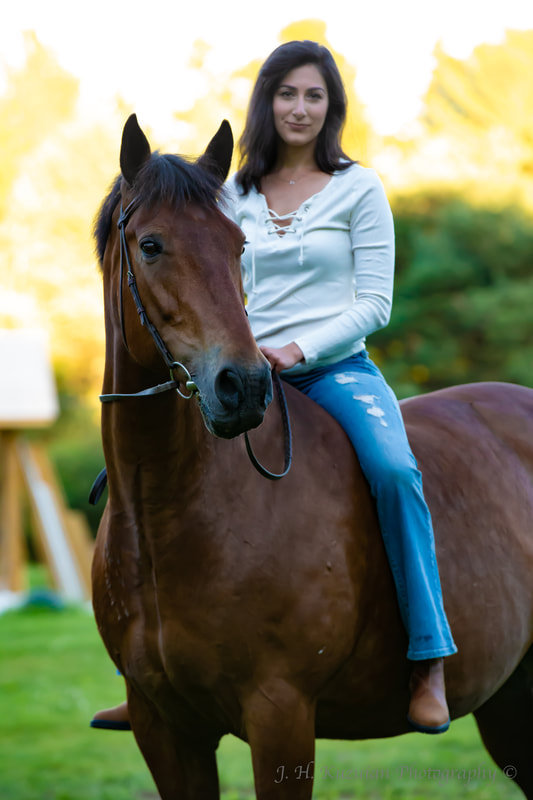|
Canine Viral Distemper (CVD) is a disease classified as a pansystemic disease.
It is a highly contagious and viral disease of canines and other carnivores, that being said, depending on the strain of the virus, it varies in virulence from mild to fatal. Although the name suggests it only effects dogs, CVD can effect cats as well as other carnivores such as ferrets. Although the disease can infect pets of all ages, the most common age range is between 3 to 6 months of age. CVD is a paramyxovirus that is one of a group of RNA viruses that are predominantly responsible for acute respiratory diseases, and are usually transmitted through airborne droplets. Most routine cleansing agents and disinfectants such as bleach can destroy the virus, including heat, in the environment. Transmission: CVD is transmitted through aerosolization of body secretions. The virus has several strains and varies in virulence from mild to fatal, which suggests that the severity will be dependent on the animals’ immune system. Clinical signs of infection are usually associated with the presence of secondary infections, although encephalitis and other neurological signs may be caused by the direct effect of the virus on neurons. Clinical Signs: -Fever -Cough -Pneumonia -Mucopurulent nasal and ocular discharge -Anorexia -Vomiting -Diarrhea -Dehydration -Ataxia, circling, blindness -“Chewing gum” seizures (clonus) -Muscle twitching -Abdominal pustules -Hyperkeratosis of foot pads -CDV is the most common cause of seizures in dogs younger than 6 months. Diagnosis: Physical examination and history at your vets’ office, which may include a serology (rising titers in paired serum samples). FA test to detect the virus in epithelial cells that are collected from the conjunctiva (or other mucous membranes). It’s also important to note that neurological signs can appear within weeks or even years after the actual infection. Treatment: According to AVMA (American Veterinary Medical Association), there are no cures for distemper, only a vaccination prevention program. However, treatment typically consist of supportive care and efforts to prevent secondary infections and mitigate symptoms such as control vomiting, diarrhea, and combat dehydration by administering fluids. Natural Alternatives: Although there is no cure for CVD, these natural remedies might help to assist the immune system;
If you notice any one of the above signs and symptoms, or suspect your pet has contracted distemper, seek veterinary assistance immediately.
0 Comments
Leave a Reply. |
AuthorLucy is an avid pet mom; with dogs, cats, goats and horses to keep her busy! All of her pet 'kids' are fed a species appropriate diet with proper supplementation so she can watch them thrive. Her expertise and experience lie in nutraceutical supplementation and is a health advocate for proper diet and nutrition. Her other passions in life are schutzhund and equestrian riding. Archives
July 2024
Categories |


 RSS Feed
RSS Feed